Sky
Formed in 1979 as a direct result of classical guitarist John Williams' 1971 Changes album, in which he ventured into soft rock for the first time, Sky was an attempt to meld the worlds of classical music and rock instrumentals, with results that echo the U.S.-based work of composer Chip Davis with his Fresh Aire projects. In 1971, Williams recorded Changes with the intent of displaying his classical guitar prowess in the context of soft rock arrangements. Amongst the session players on the album were bassist Herbie Flowers (then with Blue Mink), keyboardist Francis Monkman (then working with Curved Air) and drummer Tristan Fry, who was doing session work in addition to working as a percussionist with the Royal Philharmonic Orchestra and the Academy of St. Martin-In-The-Fields. Williams continued to use the same group of session players for future projects, leading to a decision by Williams and Flowers during the recording of Williams' Traveling (1978) to form a band. Fry and Monkman were quickly brought into the fold, and the band was completed with the addition of Australian guitarist Kevin Peek. A name was chosen, demos recorded, and a label, Ariola, finally acquired after many rejections. Hewing to a formula that blended arrangements of classical pieces with new material by Monkman, Peek and Flowers, Sky was an almost immediate success in Europe and Australia, earning platinum status in England. Their first series of concerts were played to packed houses, although many critics failed to understand the appeal of the band's energetic music. Sky2, a double album, quickly followed, showcasing Monkman's "Fifo," a side-long epic. Also on display was a dose of tuba-based humor from Herbie Flowers -- the daft "Tuba Smarties," an effort that would eventually be joined, on Sky Five Live, by "The Bathroom Song." The album continued the success of the debut. Francis Monkman left the band following the release of the album, to be replaced by Steve Gray, who brought a vastly different style to the group sound. Albums continued to appear at regular intervals, with the release of Sky 3, Sky 4: Forthcoming and Sky Five Live carrying them into 1983 as a fixture on the European scene. Also gaining them some attention was a 1981 concert for Amnesty International (recording released by BBC Video.) In late 1983, the band released "cadmium..." to mixed results. In early 1984, John Williams left the band to resume his classical career on a full-time basis, with the result that Ariola, who had depended on Williams' high profile to sell records, dropped Sky from the label. Sky remained as a quartet for some time thereafter, playing performances with guests filling the fifth seat -- both Rick Wakeman and Nicky Hopkins appeared with the band for concerts in the latter part of the 1980s, though violinist Paul Hart would eventually be the permanent onstage replacement. The trimmed lineup recorded The Great Balloon Race (Epic, 1985) and the 1987 collaboration with the Academy of St.Martin-In-The-Fields, Mozart. While Mozart sold well in the United States, it floundered in Europe. After an extended period of silence, Kevin Peek announced his departure from the group, citing his Australian business interests. Guitarist Richard Durrant was selected as Peek's replacement. This latter-day lineup has not released an album so far and has, in fact, not been heard from since 1994.

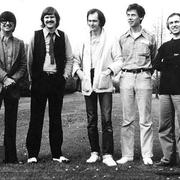
 Westway - Sky
Westway - Sky





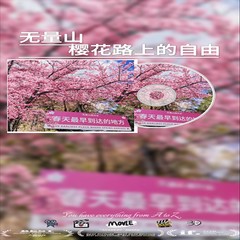
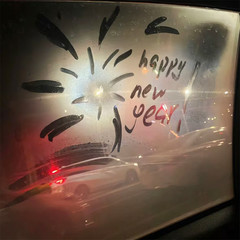

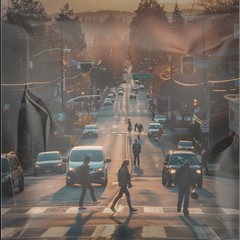




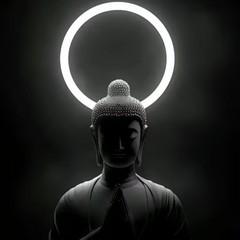
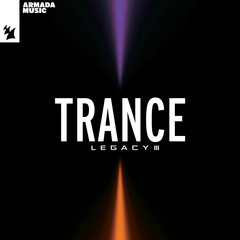











![[STATION] aespa《Dreams Come True》MV Teaser - aespa (에스파)](https://img2.kuwo.cn/wmvpic/324/79/54/2120387380.jpg?imageView2/1/w/195/h/130/format/jpg/q/60)





